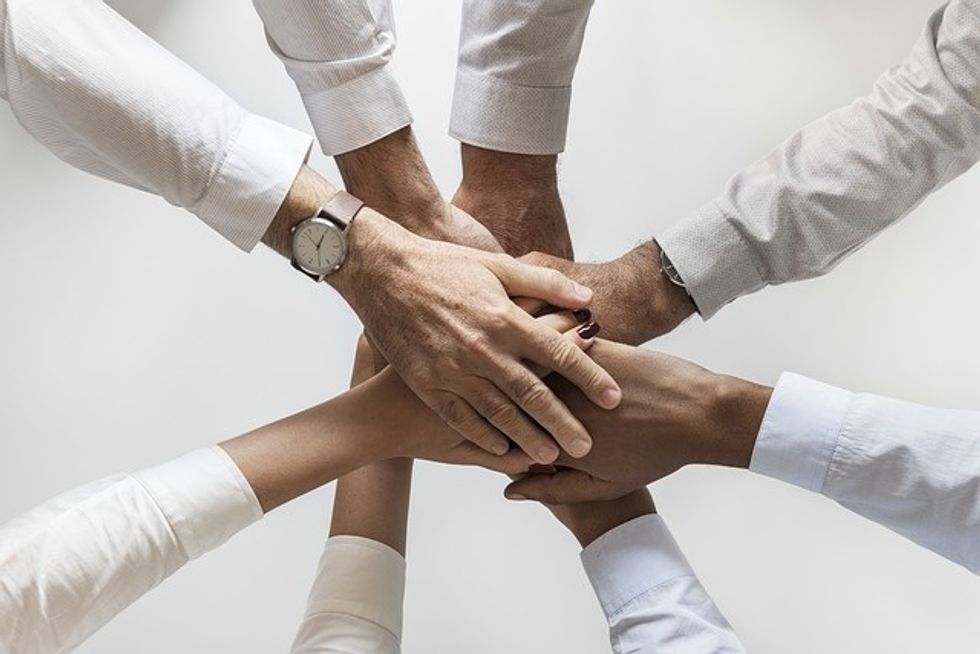What Hogwarts Houses and Nationality Have in Common
A reflection on the human tendency to divide ourselves into groups.
Towards the end of the semester, my group of friends at Emory got into a big argument. The subject of the argument, believe it or not, was who would be in which Hogwarts House. The debate went on for days: personally and through text message; we even consulted interviews with J.K. Rowling to see how she described each house.
In hindsight, I can see that the argument was stupid, but in the heat of the moment when we were all together and thinking about it, I had passionate opinions about Hufflepuff and Slytherin. Thinking back, I started to wonder why we got so caught up in such a silly argument, and I began to see a pattern. Whether its unimportant categories such as Hogwarts Houses, astrology star signs and soccer teams, or more complex ones such as gender labels, race classifications, and nationality, humans are always separating themselves into groups.
One explanation for this phenomenon could be evolutionary, as in prehistoric times belonging to a group could mean the difference between surviving or not. Another explanation could be simply that dividing ourselves into groups is the way in which we socialize. Either way, being part of a group gives us a sense of belonging, of knowing we have a place in a big and complex world, and this belonging provides us with a sense of security and comfort.
However, a great part of consolidating a group is determining who isn't part of it, something that in practice is excluding a part of the population. Of course, many times the people excluded don't mind not being part of that group, but when they do mind this can become a problem. A further negative aspect of our tendency to divide ourselves into categories, is the fact that some groups can interpret themselves to be superior to other groups, leading to their maltreating of the allegedly inferior groups.
In addition to this, groups have general characteristics that define their members, and thus to be part of a group you need to identify with at least part of these. Yet, it may be the case that you don't agree or identify with one of the group's characteristics, but nevertheless, because you are part of the group many people assume you have that specific trait. Outsiders may also come to describe your group in a way you don't agree with, and this is something that isn't easy to control. In short, our division into groups makes it easy for prejudices and stereotypes to arise.
In other words, although within our groups we feel a bigger sense of belonging, this tendency to divide ourselves leads to a loss of a sense of unity of humanity as a whole. Our division into groups at times can't be controlled, as you don't choose the country in which you are born or the color of your skin, but regardless of your lack of choice, these factors place you into a social group. What we can change is the emphasis we place into differentiating each group, or to what extent we cultivate the individual group culture.
So is it worth it to divide ourselves into groups? Is there any way to change this tendency? Should we even try change this tendency? Is the overall effect of these divisions positive or negative for society?





















